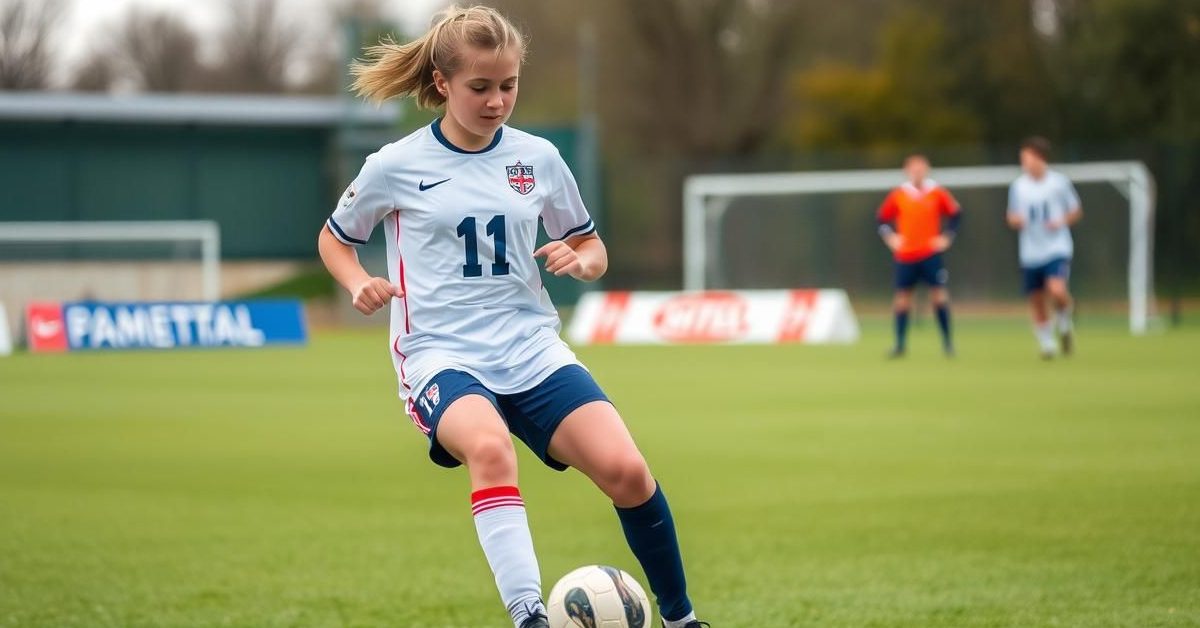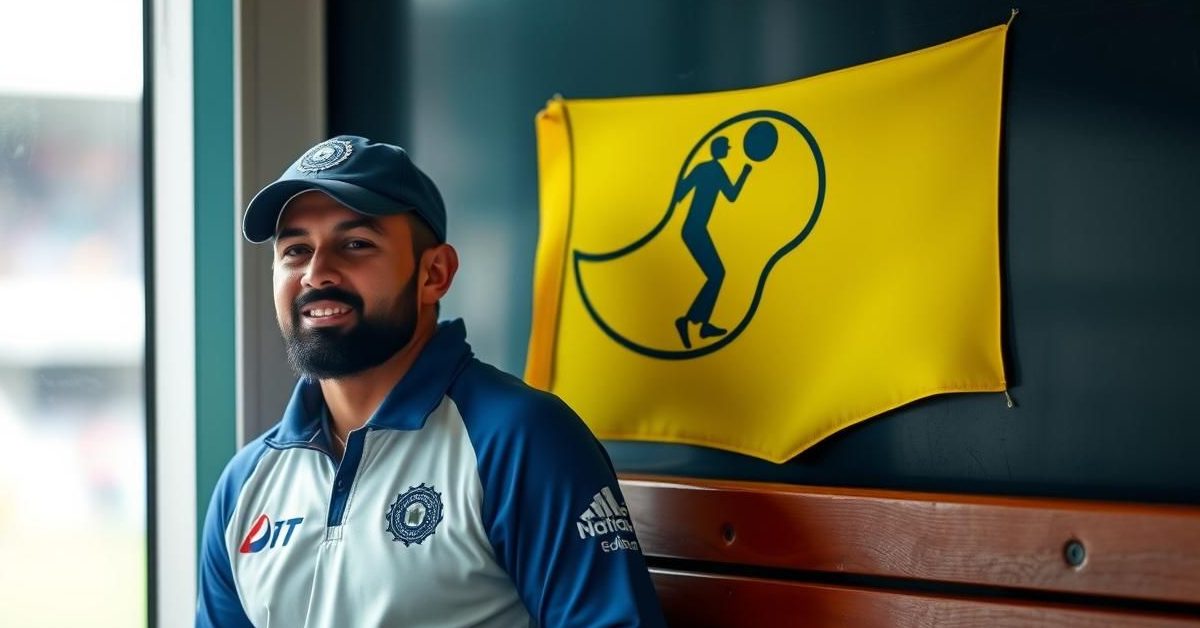England’s acclaimed Euro-winning coach, Sarina Wiegman, once had to disguise herself as a boy to play football during her childhood in the Netherlands.
A Childhood Dream Against All Odds
Growing up in The Hague in the 1980s, Sarina Wiegman faced a unique challenge: women were banned from playing football in the Netherlands. Undeterred, a six-year-old Sarina found a creative solution.
She cut her hair short and, with her twin brother, would sneak into the local club. “When I started playing football as a six-year-old girl we weren’t allowed to play, so I played illegally,” she told the BBC.
The Dutch football association had banned women’s football since 1938, a restriction only lifted in 1971. Sarina’s identity was eventually revealed, but her club, GSC ESDO, allowed her to continue training with the boys.
She later joined Ter Leede’s women’s team, where she excelled for nine years, winning two league titles and the Dutch Cup. She also earned an impressive 99 caps for her country.
A Leader Who Lifts Others
Even as a player, Sarina was known for her strong character. Teammates recall her as a tough captain but also incredibly supportive. Jeanet van der Laan shared a memorable story about Sarina giving her a tumble dryer when she couldn’t afford one, highlighting her caring nature.
Football wages for women were meager back then, so Sarina worked as a PE teacher throughout her playing career. This experience shaped her dedication to the sport and its athletes.
From Player to Pioneering Coach
Sarina’s coaching journey began at her former club, Ter Leede, where she immediately secured a double in her first season. When the Dutch women’s league, Eredivisie, launched in 2007, she was offered a part-time coaching role for Ado Den Haag.
She famously refused until they offered her a full-time position, a testament to her commitment to professionalising women’s football. Three years later, she made history as the first female coach at a professional club in the Netherlands, Sparta Rotterdam.
Changing the Game, Changing Society
In 2021, after a successful five-year stint with the Netherlands, Sarina took charge of the England Lionesses, leading them to back-to-back European titles. Yet, her pride extends beyond the medals.
“What I’m proud of most is that now young girls have perspective, young girls can play football,” she shared. “When you go to the grocery store and people tell you, ‘My daughter was wearing that shirt but my son is wearing that shirt now too,’ we’ve changed society.”
Her coaching style is pragmatic, adapting to her team’s strengths and the opposition. But at its core is a deep commitment to motivating her players. Ahead of a crucial semi-final, she famously revealed a toiletry bag emblazoned with “B****es get sh** done,” sparking laughter and inspiration.
Sarina fosters a powerful bond within her team. Players like Michelle Agyemang describe her as a “mum” figure who genuinely cares for their wellbeing, regardless of their role on the pitch.
Still Pushing for More
Even in moments of glory, Sarina remains a fierce advocate for the continued investment in women’s football. She insists that England, as a trailblazer, must continue to set the example for players, clubs, the FA, and the government.
She is a pragmatic leader, a caring mentor, and an unyielding force for progress in the world of football.
- Sarina Wiegman had to pretend to be a boy to play football in 1980s Netherlands due to a ban on women’s football.
- She advocated for full-time coaching roles, becoming the first female coach at a professional Dutch club.
- Beyond winning titles with England, she is most proud of the societal change her success has brought for young girls in football.
Sarina Wiegman’s journey highlights a remarkable blend of resilience, leadership, and a deep commitment to elevating women’s sports.













